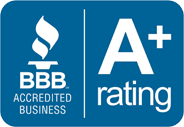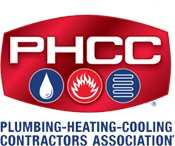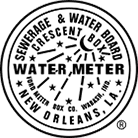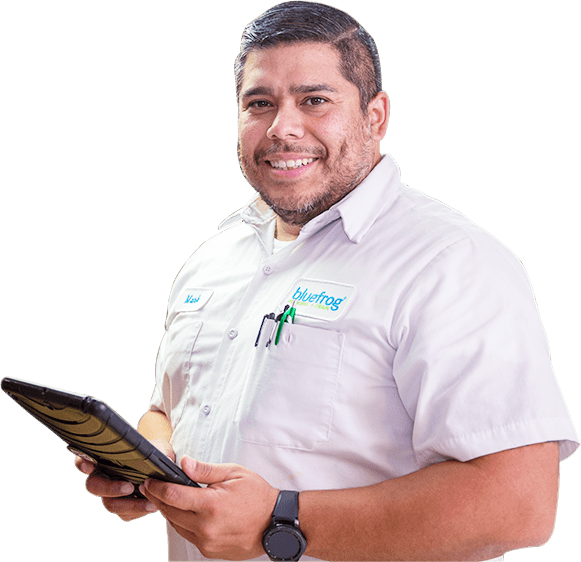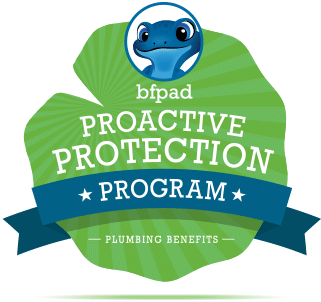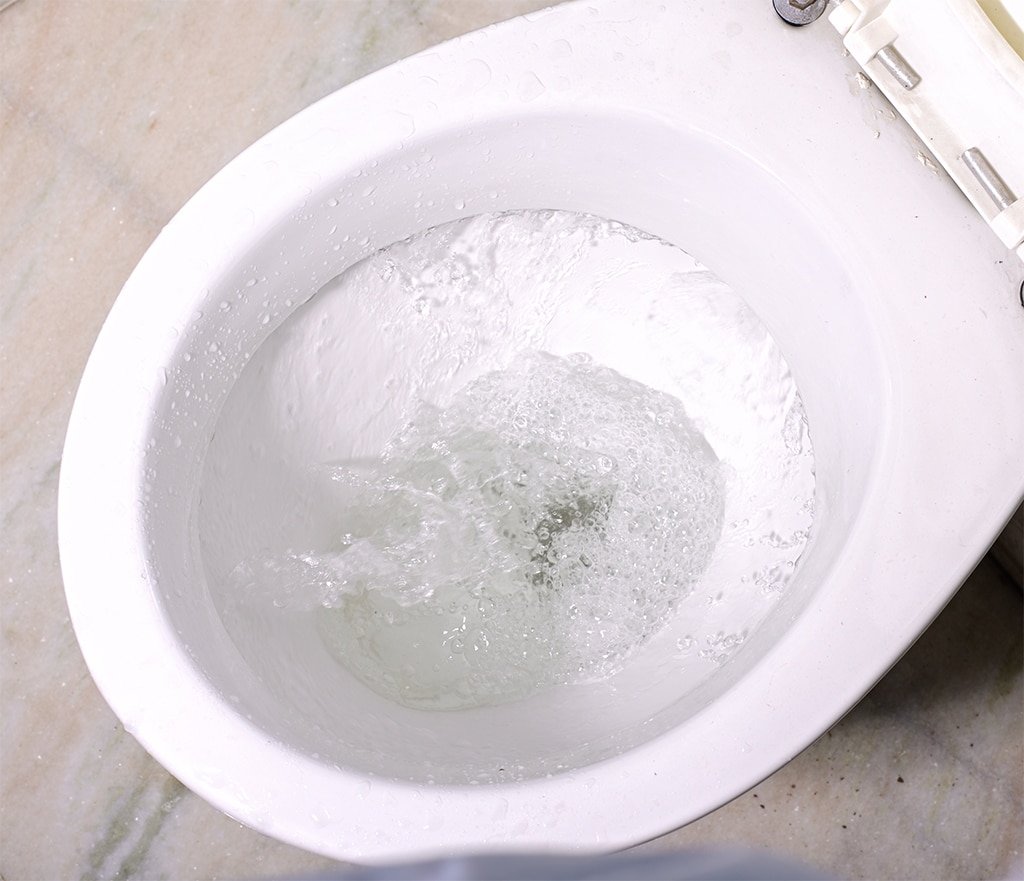
Reading Your Plumbing System: A Guide From A Professional Plumber | Harvey, LA
If you’re a homeowner, you’ve probably gotten your fair share of plumbing annual inspection reports. These reports come back with all sorts of different acronyms and abbreviations that can be confusing to the layperson. But what do they all mean? And more importantly, what do they say about the condition of your plumbing system? Here’s a quick primer to help you understand some of the most common terms on the annual plumbing inspection report from your plumber.
Worn Out
“Worn out” is a vague term, and it can mean different things when applied to different things. When it comes to plumbing, though, there are a few specific things that “worn out” can indicate. First, it could simply mean that your system is old and needs to be replaced. This is particularly true if you’re still using galvanized pipes; after a certain point, these pipes start to break down and need to be replaced.
Alternatively, “worn out” could also mean that your system is damaged and needs repair. This could result from a leaky pipe, for example, causing water damage to your home. When a plumber gives you an inspection report with “worn out” on it, it’s important to pay attention to the context to understand what needs to be done. A good plumber in Harvey, LA will include a recommendation for how to proceed if your system needs to be repaired or replaced.
Needs Repair
While it might seem like it is pretty straightforward, “Needs repair” is a broad term that can mean different things depending on the specific problem. For example, a leaking faucet may need a new washer, while a broken pipe may require replacement. In general, however, “needs repair” indicates that some component of the plumbing system is not functioning properly. “Needs Repair” is a catch-all category for anything that’s not working properly but isn’t in imminent danger of failing. These items will need to be repaired eventually, but they’re not an immediate cause for concern. However, anything marked as “needs repair” should not be ignored; the sooner you can fix it, the better. The plumber’s report should include a recommendation for how urgent the repair is and what needs to be done to fix the problem.
Dangerous
This is probably the most serious designation you can see on an inspection report. “Dangerous” indicates that there is an immediate hazard present in the plumbing system. For example, this could be a gas leak or a broken pipe spewing water into the home. In any case, “dangerous” is a serious problem that needs to be addressed immediately. Therefore, if you have something marked as “dangerous” in your plumbing service report, immediately take action recommended by the Harvey, LA professional plumber.
Deteriorating
“Deteriorating” is a word no homeowner ever wants to hear concerning their plumbing system. Unfortunately, it is a reality that many homeowners face each year. Deteriorating plumbing can cause many problems, from leaks and flooding to decreased water pressure and pipes bursting. In some cases, deteriorating plumbing is caused by simple wear and tear, while in other cases, it may result from more serious issues, such as corrosion or tree root invasions. While some degree of deterioration is inevitable, there are things that you can do to help slow the process down. For example, having your pipes regularly inspected and replaced as needed can help to prolong their life.
Using high-quality plumbing fixtures and materials can also help improve your system’s condition. However, since the problem has already begun, you will likely need to take immediate action to mitigate the damage. Follow the plumber’s report and take the necessary steps to get your system back in good condition.
Cracked
This means a small crack in one of your pipes or other components. This can be caused by several things, including physical damage, corrosion, and even freezing temperatures. Whatever the cause, the result is always the same: water leakage. A plumbing system crack can lead to several problems, including decreased water damage, mold growth, and bursting pipes. Cracks can also allow contaminants to enter the water supply, leading to health problems. In addition, a cracked pipe can cause the water pressure in your home to drop, making it difficult to use faucets and showerheads. In some cases, a small crack can be repaired; however, in other cases, the entire pipe or component will need to be replaced. The report by your plumber will advise you on the best action to take.
Functional
This is the ideal condition for your plumbing system. When a plumbing system is functioning properly, water flows through the pipes and fixtures as it should. All of the system’s components are working harmoniously to provide the user with clean, safe water. The plumber doesn’t see anything that could go wrong with your plumbing system for the foreseeable future unless you make some changes.
For example, if you were to add a new bathroom to your home or make some other alteration that would increase the water demand, that could stress the system and cause problems down the road. However, as long as everything stays the same, your plumbing system should remain in good working condition. Emergencies can always happen, but barring any unforeseen circumstances, your plumbing system should provide you with years of trouble-free service.
Need a Plumbing Service to Check on Your Home’s Plumbing System?
If you’re concerned about the condition of your home’s plumbing system in Harvey, LA, or if you want to have it checked out to be on the safe side, contact bluefrog Home Services of New Orleans. Our team of experienced and certified plumbers will be happy to come to your home and assess the condition of your system. We’ll provide you with a detailed report of our findings and recommendations for any repairs or replacements that may be needed. And we’ll even give you a free estimate for those repairs! So, don’t wait – call bluefrog Home Services of New Orleans today!


